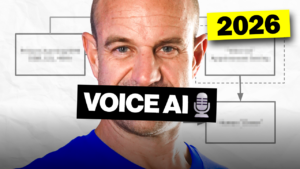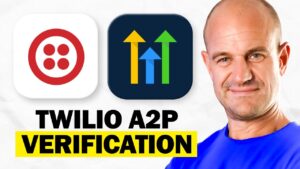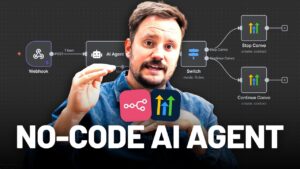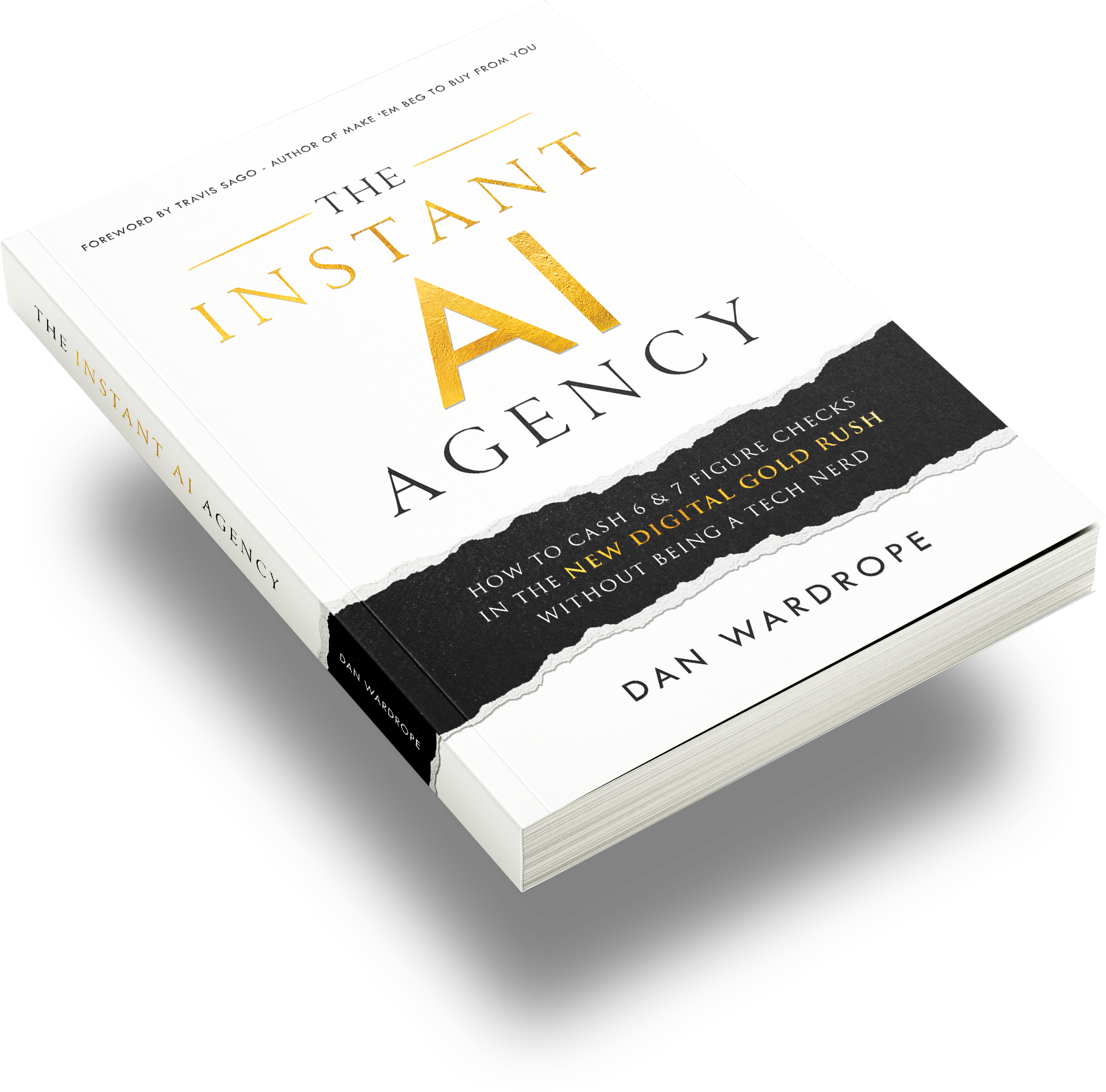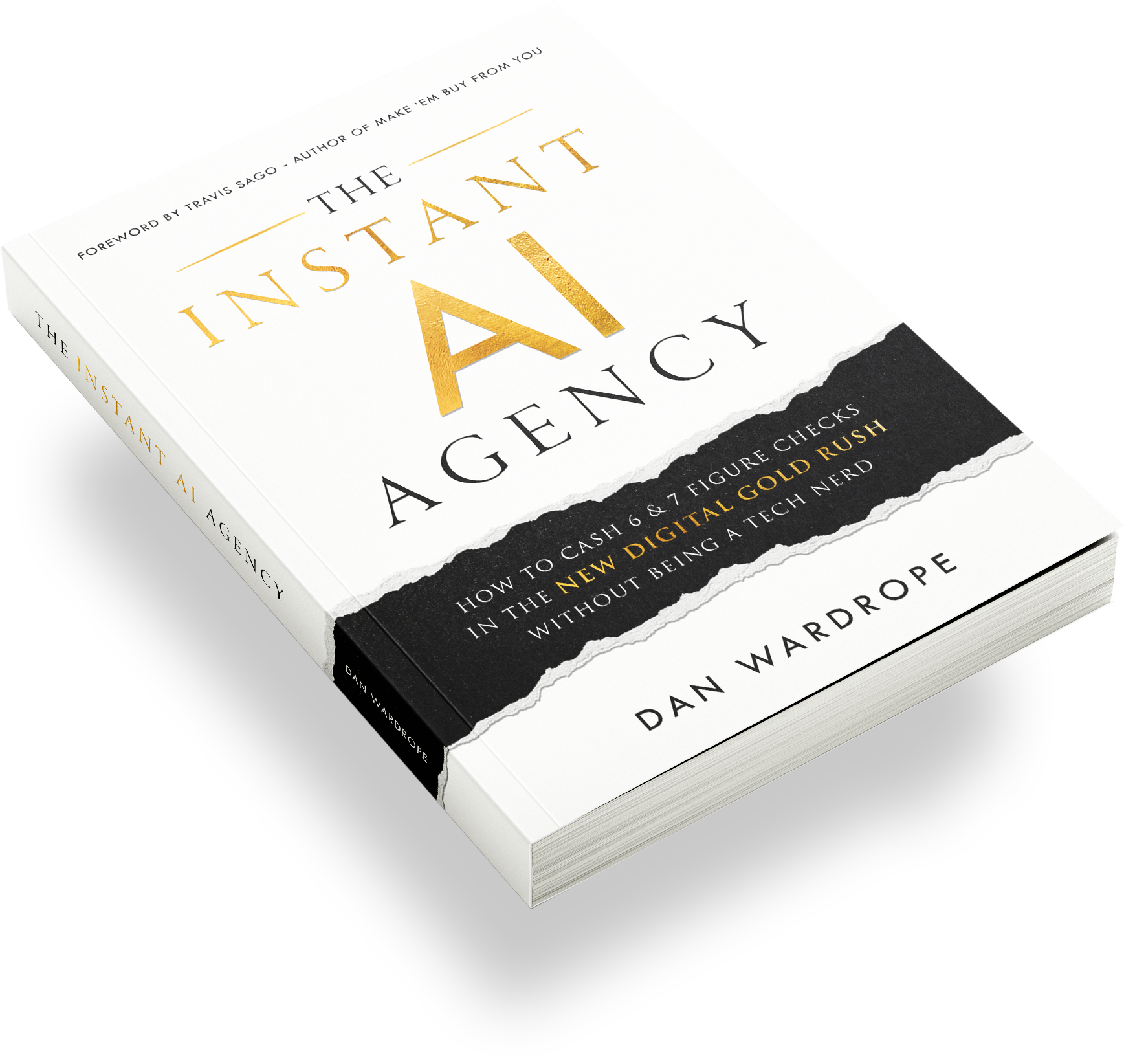Re-Engage Leads (e.g Life Insurance) & Reactivate Databases with ChatGPT & The Power Of AI
In today’s digitized world, businesses constantly seek innovative strategies to re-engage their existing leads. Especially in the life insurance industry, maintaining a connection with leads that might’ve lost interest or been distracted is crucial. Dan from Flexxable is employing AI-driven strategies to reactivate life insurance leads (such as database reactivation), and the results might just revolutionize the way leads are nurtured.
Why Database Reactivation is Essential To Re-Engage Leads
To begin with, it’s important to understand the goldmine that is a pre-existing database. A company that has accumulated leads over time has a trove of potential clients and has huge potential to re-engage leads. This particular life insurance client Dan mentions, for instance, has a vast database of 13,000 leads specifically for their product, and a whopping 280,000 leads for related products. The challenge? To convert those life insurance leads into health insurance prospects.
The Power of Testing… to Re-Engage Leads
Before diving deep, it’s wise to test the waters. Dan suggests beginning with a small test segment for database reactivation, before rolling out full-fledged campaigns. This helps in setting realistic expectations for the client and avoids over-promising. By starting with a test, businesses can gauge the potential success of a larger campaign and make adjustments as necessary.
AI as a Game-Changer
Enter Artificial Intelligence. Database reactivation has been around for a long time, but the real game-changer is the inclusion of AI & ChatGPT. Gone are the days when manpower constraints limited campaign frequency. With AI, businesses can run numerous campaigns concurrently, increasing efficiency, and maximizing potential engagement.
Crafting the Perfect Hook To Re-Engage Leads
While the tech intricacies play a pivotal role, the success of re-engaging leads heavily relies on the initial message. Dan, using the “end word email” approach, introduces the transition from life insurance to health insurance. By using binary questions, the leads are nurtured, ensuring approximately 20% of engagement. So, if you’re targeting 15,000 leads, you can anticipate an impressive 3,000 conversations.
Lead Qualification and Closure
Following the initial hook, AI bots are employed to further qualify these leads. By asking relevant questions tailored to the life insurance sector, businesses can ensure that by the time the lead reaches the sales team, they’re well-informed and are more likely to convert. Unlike the cold leads generated from platforms like Facebook or Google, these re-engaged leads have already expressed interest, making the sales process more streamlined and effective.
Anticipated Results
With this strategic approach, the returns can be substantial. For instance, if 3,000 responses are garnered, even a conservative 5% conversion can result in 150 sales. For many companies, the revenue from these sales could be substantial, potentially covering a significant portion of operational costs or salaries.
Continuous Iteration and Feedback
Before automating the entire process, Dan emphasizes the significance of manual checks. By sending a few SMS messages manually, businesses can assess the responsiveness of their messages, adjust their strategies accordingly, and maximize their chances of success.
In conclusion, the fusion of AI with traditional re-engagement methods is paving the way for transformative results in nurturing life insurance leads. With targeted strategies, businesses can not only reactivate dormant leads but can also significantly boost their conversion rates.


